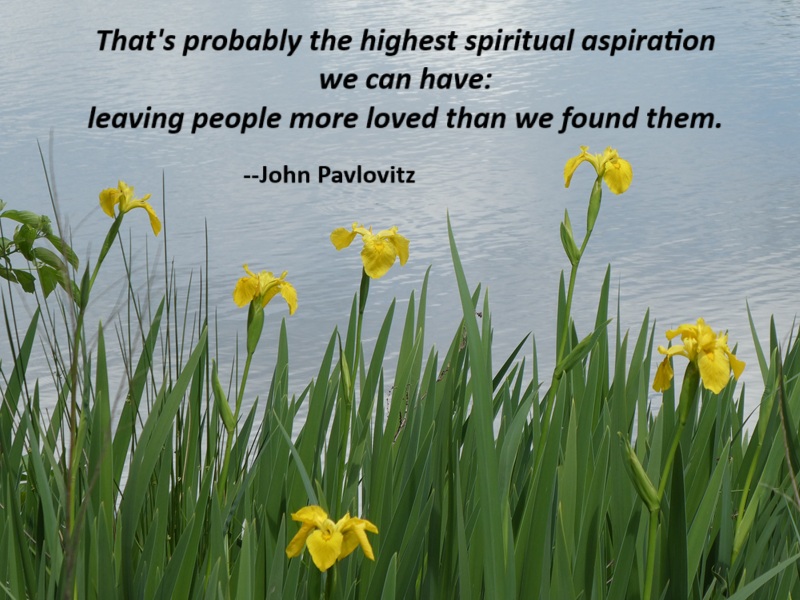Becoming Lowly
On the last night of his life, at his last supper, Jesus puts into words what we’ve seen throughout the entire Gospel. This is what he’s done in befriending outsiders and outcasts, in seeking to lift up the lowly. He came as a servant-king. Everything we’ve seen to this point in the Gospel is a picture of Jesus doing what finally now he puts into words. He gave himself to love, heal, and care for the broken and hurting. He sought to show mercy and grace to the marginalized and those far from God. He came to see those who were often overlooked or unseen. And if he did that for us, as his disciples this must be our posture and the mission we are called to as well. This is what it means to be his disciple: we follow him, and we lift up the lowly.
Lifting up the lowly requires becoming lowly. Greatness is defined by lowering ourselves and serving others. In our world, this is utterly countercultural, but it is absolutely the culture of the Kingdom.
If the disciples, who spent three years with Jesus, were still focused on status and power at the Last Supper, it should not surprise us that we struggle with those same things at times as well. But nearly every one of the conversations Jesus had over his final week were on this same theme. He encouraged a rich young ruler to lay down the source of his status. He blessed and healed a blind beggar. He befriended a wealthy and powerful tax collector who gave up half of what he had to the poor. He praised the poor widow while castigating the powerful and status-loving religious elite. “The greatest among you must become like a person of lower status and the leader like a servant” (Luke 22:6).
–Adam Hamilton, Luke: Jesus and the Outsiders, Outcasts, and Outlaws, p. 107
Photo: pink Mandevilla flowers, August 6, 2025.









